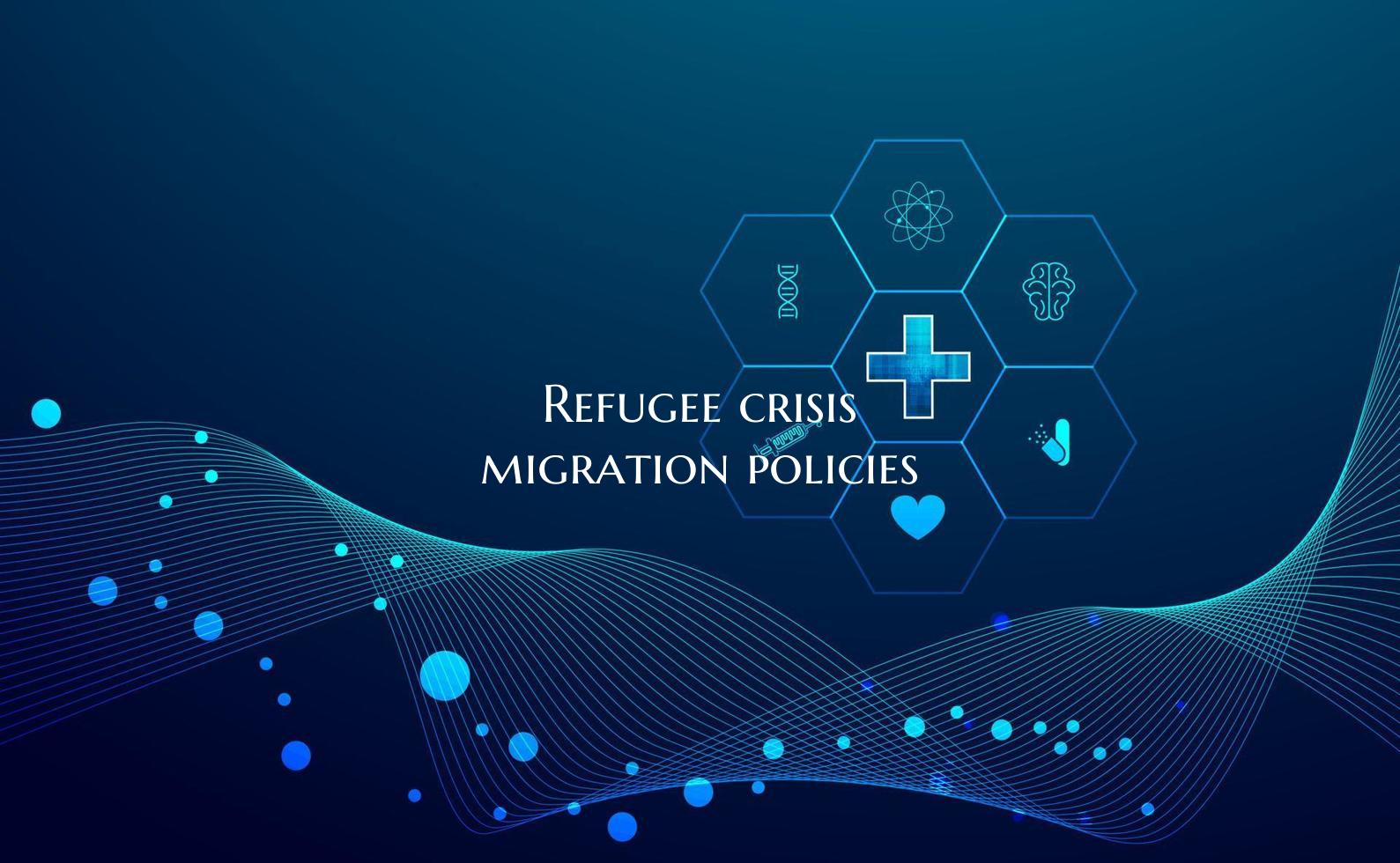
Refugee crisis migration policies
The world is facing an unprecedented refugee crisis, with millions of people forced to flee their homes due to conflict, persecution, and other dire circumstances. In response to this humanitarian challenge, countries around the globe have implemented various migration policies aimed at managing the influx of refugees and providing them with protection and assistance.
Migration policies related to the refugee crisis are multifaceted and complex, involving issues such as border control, asylum procedures, resettlement programs, and integration efforts. These policies are designed to balance the humanitarian imperative of providing refuge to those in need with the practical challenges of managing large numbers of arrivals and ensuring national security and social cohesion.
One key aspect of migration policies in the context of the refugee crisis is the importance of international cooperation and burden-sharing. The sheer scale of the crisis means that no single country can address it alone, highlighting the need for collaboration among nations to share responsibility and resources for hosting and assisting refugees. Regional and global frameworks, such as the United Nations refugee agency (UNHCR) and the Global Compact on Refugees, play a crucial role in facilitating this cooperation and setting standards for refugee protection.
At the same time, migration policies also need to address the root causes of displacement and work towards creating conditions for safe and sustainable return for refugees. This involves addressing conflicts, promoting development and stability in refugee-producing countries, and ensuring respect for human rights and the rule of law.
Efforts to reform and strengthen migration policies related to the refugee crisis are ongoing, with debates and discussions taking place at national, regional, and international levels. Key challenges include ensuring access to protection for all refugees, promoting long-term solutions for displacement, combating xenophobia and discrimination, and fostering inclusive societies that benefit from diversity.
In conclusion, navigating the refugee crisis requires a comprehensive and compassionate approach to migration policies that upholds the rights and dignity of refugees while also addressing the concerns and interests of host communities. By working together and upholding international principles of solidarity and cooperation, countries can build more effective and humane responses to the refugee crisis and create a more just and sustainable future for all.